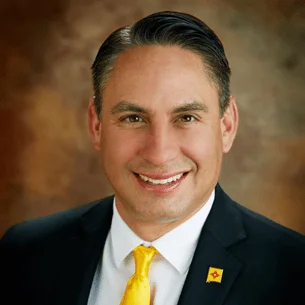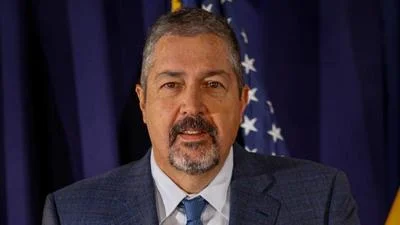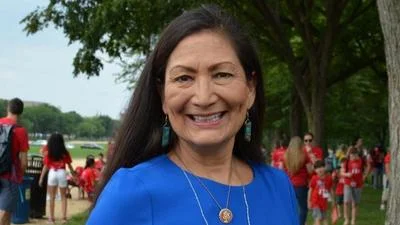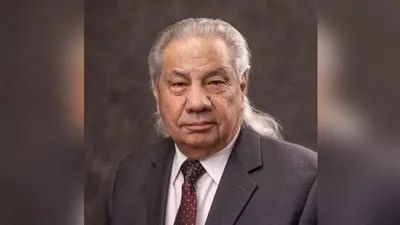The proposed SAFE Act, H.R. 22 / S. 128, could have significant implications for Native voters, particularly those in rural or remote locations. If enacted, the legislation would require individuals to physically travel to their election offices during weekday hours to register to vote, halting the use of online and mail registration. This requirement presents a substantial burden for American Indian, Native Hawaiian, and Alaska Native citizens, who often live far from these offices. In some tribal areas, this distance can exceed 100 miles, or even necessitate air travel.
Concerns have been raised that the SAVE Act might lead to disenfranchisement among eligible Native voters. The Act mandates all individuals to present proof of citizenship, such as a passport or birth certificate, each time they register to vote. This regulation could particularly affect groups with low rates of documentation, including the elderly, young voters, Native peoples, and those who have undergone name changes due to marriage. Citing past examples, similar laws in Kansas and Arizona prevented tens of thousands from voting, with Arizona's law blocking approximately 35,000 people, including a large number from Tribal lands or college campuses.
The SAVE Act’s promise that Tribal IDs would suffice for voter registration is viewed as misleading. These IDs, like other government-issued ones, generally lack the place of birth information required by the Act. Native citizens with a Tribal ID would thus need additional documentation like a birth certificate, which can be costly and challenging to obtain.









